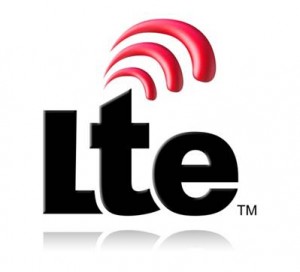 You would expect that 4G connectivity would beat 3G connectivity in terms of speed, right? Otherwise what’s the point in creating a next generation of equal or slower connections! Well Verizon Wireless took a few minutes out of their day to remind us about their upcoming LTE network and tell us that it is official – their 4G speeds are/will be faster than their 3G speeds. But not just marginally faster… significantly faster:
You would expect that 4G connectivity would beat 3G connectivity in terms of speed, right? Otherwise what’s the point in creating a next generation of equal or slower connections! Well Verizon Wireless took a few minutes out of their day to remind us about their upcoming LTE network and tell us that it is official – their 4G speeds are/will be faster than their 3G speeds. But not just marginally faster… significantly faster:
Trials in Boston and Seattle indicate the network is capable of peak download speeds of 40 to 50 megabits per second (Mbps) and peak upload speeds of 20 to 25 Mbps. The speeds are significantly faster than Verizon Wireless and other wireless providers’ current or promised 3G network speeds.
That is admittedly blazing fast but don’t expect those types of results on launch. Having thousands of consumers sharing bandwidth with good/bad spots and objects in the way and all the other variables Verizon says you can reasonably expect 5-12Mbps down and 2-5Mbps up.
Check out the full press release:
Verizon Wireless’ 4G LTE Network Testing Promises Significantly Faster Speeds Than Current 3G Networks
Available to 100 Million Americans in 25 to 30 U.S. Markets by End of 201003/08/2010
BASKING RIDGE, NJ — Verizon Wireless announced today that its 4G Long Term Evolution (LTE) network field trials in the United States have demonstrated wireless data speeds that are significantly faster than today’s 3G network speeds. Trials in Boston and Seattle indicate the network is capable of peak download speeds of 40 to 50 megabits per second (Mbps) and peak upload speeds of 20 to 25 Mbps. The speeds are significantly faster than Verizon Wireless and other wireless providers’ current or promised 3G network speeds.
Verizon Wireless has been testing its forthcoming 4G LTE network in both Boston and Seattle since August, 2009. Successful data calls involved streaming video, file uploads and downloads, and Web browsing, as well as calls with Voice over Internet Protocol (VoIP) to enable voice transmissions over the LTE network. Verizon Wireless engineers report LTE average data rates of 5-12 Mbps on the downlink and 2-5 Mbps on the uplink in real-world environments and will offer Verizon Wireless customers mobile browsing speeds comparable to customers’ current, typical online Internet experience.
“Our LTE rollout plan positions Verizon Wireless to be a global leader in 4G LTE deployment. We are on track to deliver an outstanding wireless data experience to customers in 25 to 30 markets covering roughly 100 million people by year’s end,” said Tony Melone, senior vice president and chief technical officer at Verizon Wireless. “As device makers, manufacturers and others around the world begin to introduce newer and faster products to take advantage of these incredible new speeds, Verizon Wireless will be positioned to offer our customers new and exciting products on the nation’s first 4G LTE network.”
By leveraging its 700 MHz spectrum for LTE deployment in the United States, Verizon Wireless is capable of quickly deploying a high-quality wireless broadband network with excellent coverage and in-building penetration. Verizon Wireless is currently installing LTE equipment at existing cell sites and switching centers around the United States as part of its extensive, ongoing investment in its voice and data network infrastructure.
I’m really digging the “100 million Americans in 25 to 30 markets by end of 2010” and I’m pretty sure that once a Verizon LTE Android Phone drops (maybe the Droid 2 for the holidays?), I’ll be on that sucker like white on rice.

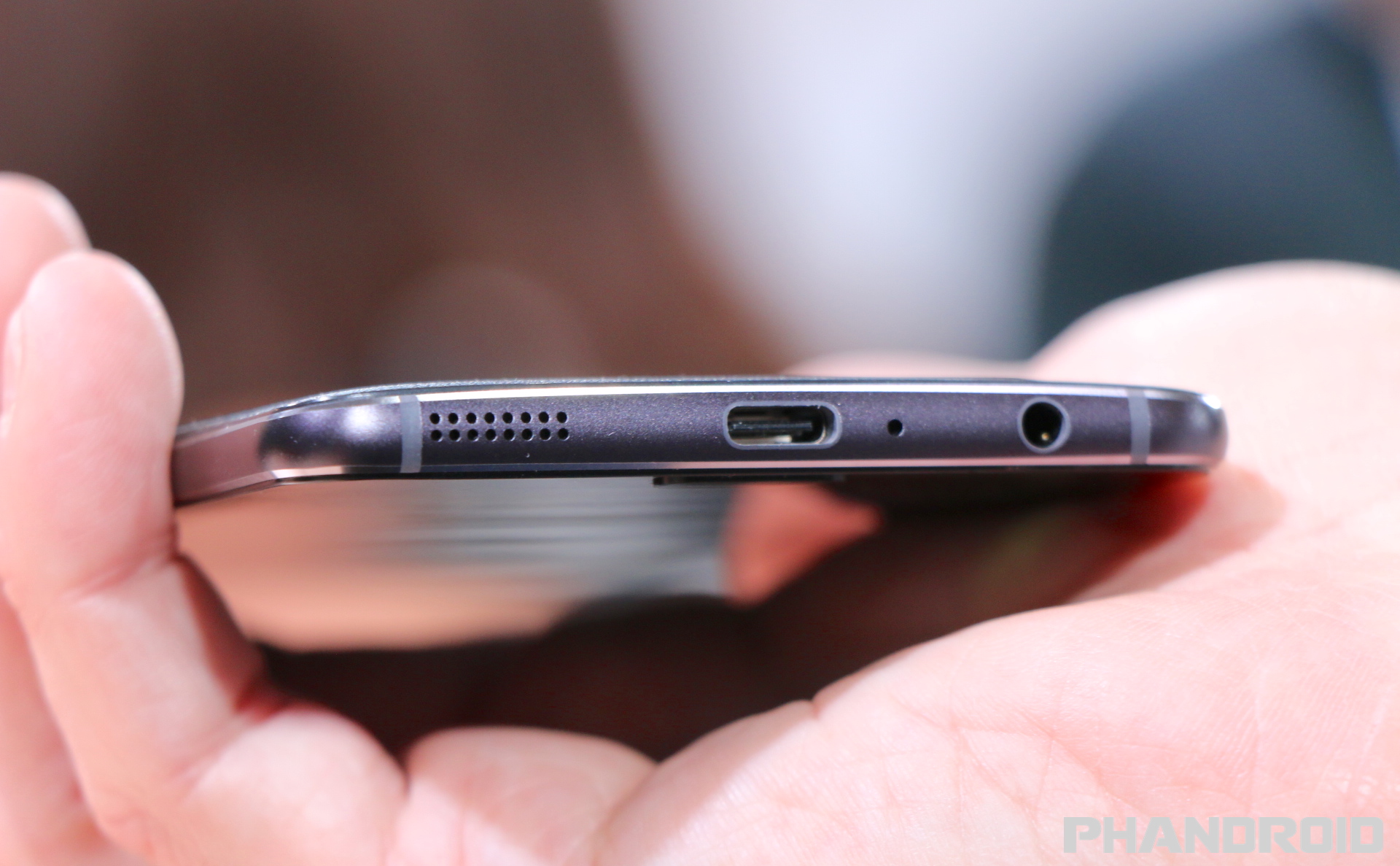

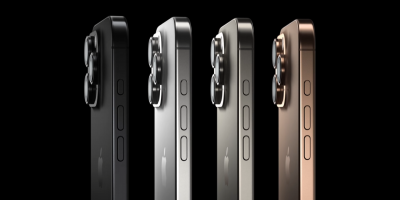
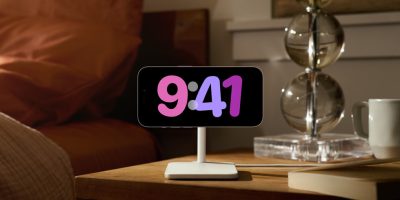

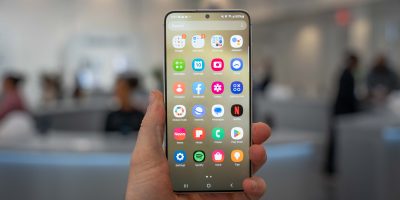
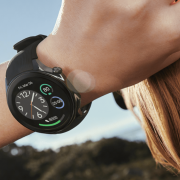
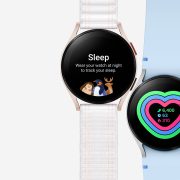
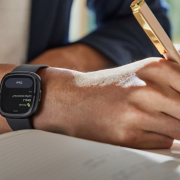

5 Mbps… that’s the speed of my FiOS. WOW… That is pretty fast for a cellphone. But I am guessing the data plan will be more expensive too.
It’s not clear to me cellphones can handle the speed at those rates. I say that based on two datapoints, fwiw.
1. On Sprint two years ago, I had a broadband card that let me download frequently at 1.2 – 1.4Mbps. At the time, my Treo 755p would only get rates of 400kbps.
2. Two years later, my Nexus One on T-Mobile, (running 2-3 times faster but with a different processor on a different network) still only allows 400kbps.
I look forward to the higher rates (on any network except Verizon), but is there any evidence that actual cellphones, even under ideal circmstances, will be able to make much use of them?
@Jerry Pretty Sure its is gonna be capable running speed tests on my droid on Verizons 3g I have seen on average 1.3-1.4 Downspeeds in the middle of no where montana
I was getting the 3.0+ mbps on my g1 the first week of 3g rollout in my area on tmobile while the userbase was very small. Its possible just unlikley as the amount of users increase. Im now only getting peaks of 700 kbps in the same location same phone.
So can our existing phones take advantage of LTE? Or will it require all new hardware?
Thats really fast.
I just wish my landline connection was that fast.
@Webby
New hardware. It is a new receiver with new frequencies.
WiMax already has these speeds. And it’s already rolled out.
The beauty of LTE is that it is a global standard. Yes global and not only CDMA/EVDO focused markets (i.e. USA)
For users this means than an unlocked VZW phone should be capable of utilizing another LTE SIM cards from another Mobile Network Operator. Users would also have the choice of buying unlocked LTE handsets from other companies and place their VZW LTE SIM cards in it.
So in summary, more phones, better pricing and consumer choice!!
this sucks man .. droid DOESNT have 4G … whyyyyyyy ! lol
are we gonna be able to talk and use the data at the same time with this?
No you will not be able to talk and surf. it will still be CDMA. And Sprints WIMAX, is in one city in the whole U.S. so why hop on a carrier that can barrly hang on to 3G coverage. thats like hopping on TMOB becasue they promise 5g in like year 2015…lol
@jMAT – I actually wonder (and hope) if the opposite will happen. I expect LTE to assume the current 3G price point, and the 3G price point to fall. It’s been the trend, when new technology comes along for your home ISP, if you pay for the $40/mo plan, you get the new 40 dollar plan, and your old plan is the new 30 dollar plan.
@IOWA
Actually WiMax does NOT have those speeds. They offer 3-5mbps actual speed. Well, don’t take my word for it, that number is from Sprint!
The “but WiMax is already rolled out!” argument gets real old. Ooh boy, beat by a year by a SLOWER technology. Who the frak will care the next year when we are pulling down 2x+ speeds?
Also, Sprint is going to end up in the tech ghetto, as it’s the only cell phone carrier to use WiMax. Everyone else has finally agreed on making a world standard.
Just think: All phones work on all carriers… yummmmm…
@Iowa
WiMax already rolled out? Uhm, maybe if you live in Texas, and then only on a cell modem for your laptop. The last I checked Sprint didn’t have any WiMax capable phones, only cell modems.
@Greg
The phones may use the same frequencies, but you still have to have an unlocked phone to use it on all carriers. That is what I wish would happen.
@Crowley143
I don’t see why you wouldn’t be able to do data + call at the same time. LTE is all-ip, so everything is data, even the calls (voip).